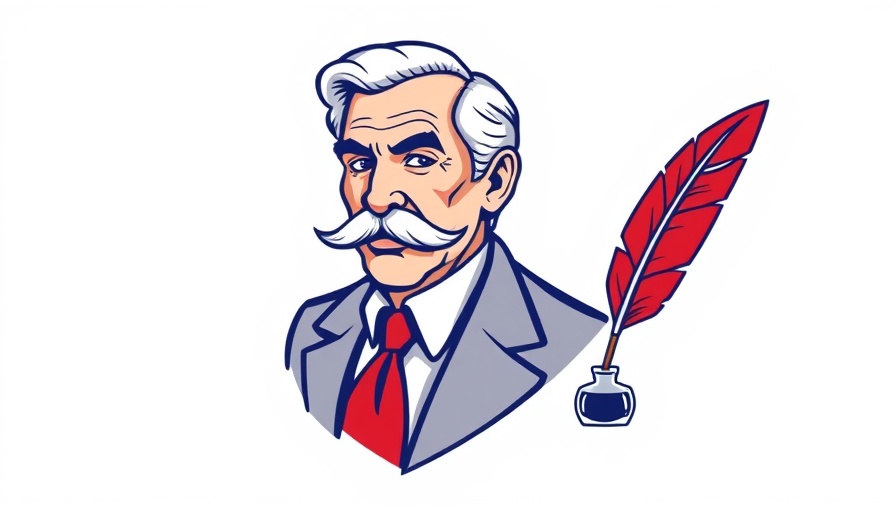
Understanding the Dynamics of Trash Talking
Trash talking is more than mere banter; it's a cultural phenomenon with deep roots in competitive sports and social interactions. This verbal sparring, often seen on the courts and fields, serves not just to boast but to assert psychological dominance over an opponent.
Historical Context of Trash Talking
The origins of trash talking can be traced back to playgrounds and sports arenas, where players used sharp words as a tactic to bolster their own confidence and disturb their rivals. Famous instances include players like Muhammad Ali, whose lyrical taunts became as legendary as his boxing skills. This form of mockery has evolved, now permeating various realms of competition, from gaming to public speaking.
The Social Impact of Trash Talking
For many, trash talking is a rite of passage, reflecting camaraderie in a competitive environment. While some may view it negatively, others assert that it fosters motivation and connection among peers. Understanding its social significance can occur through analyzing how it brings players together, creating bonds through shared humor and rivalry.
Future Trends: Trash Talking in Digital Culture
As we venture deeper into the digital age, trash talking has found a new playground in online gaming and social media. This modern twist not only amplifies interaction but also raises questions about sportsmanship and respect in virtual environments. Analysts suggest that as competition evolves, so too will the ways in which participants engage in verbal jousting, making trash talking a relevant study in communication strategies.
Takeaways and Risks of Trash Talking
While language can create connections, it can also harm relationships. Understanding the balance between playful banter and harmful rhetoric is crucial. Successfully navigating these dynamics can lead to enhanced team morale, whereas crossing the line could cause lasting damage. In competitive settings, knowing when to engage in and abstain from trash talking is essential for maintaining positive relationships.
 Add Row
Add Row  Add
Add 




Write A Comment